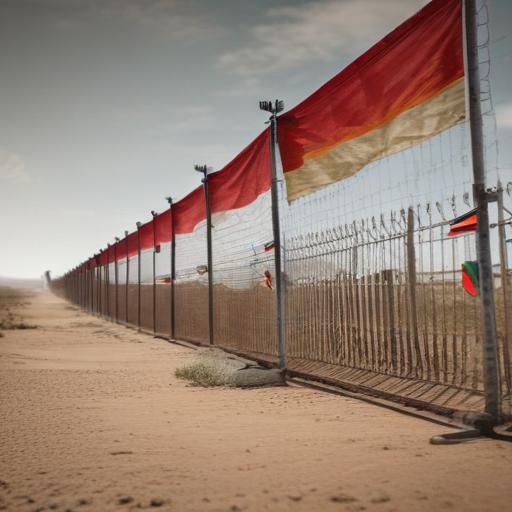U.S. President Donald Trump has expressed his strong views about borders, particularly highlighting the importance of securing the southern border with Mexico. As part of his administration’s efforts, he has declared a national emergency and previously deployed troops to the area. His stance has been clear that individuals crossing American borders illegally should be processed swiftly for deportation, reinforcing his belief that borders are vital for protecting American citizens against perceived threats.
However, Trump’s views shift dramatically when it comes to the U.S.-Canada border, which he has termed an “artificially drawn line.” During a recent meeting with Canadian Prime Minister Mark Carney, he suggested that the northern border should be considered less significant because it was established by arbitrary decisions in the past. He even posited that Canada might benefit from becoming the 51st state of the United States.
This perspective underscores an ongoing debate about the nature of borders, which are often seen as both historical constructs and significant national symbols. The U.S.-Canada border, in particular, is notable for its history of peaceful relations and trade, facilitating nearly $3.5 billion in commerce daily without military conflict.
Ironically, while Trump seeks to reinforce borders as a means of strength and security, his dismissal of the Canada-U.S. border as unimportant diminishes the historical significance and the peaceful coexistence it represents. The relationship between the two nations has endured for over 158 years, illustrating the potential for harmony across borders, unlike other global conflicts observed in countries such as Ukraine or Israel.
While the assertion that borders are arbitrary may hold some truth, it is essential to recognize the depth of identity, history, and sacrifice they represent. Trump’s comments challenge the emotional and cultural ties that citizens have with their respective nations and borders.
This dialogue opens up a broader conversation about how borders shape national identity and the importance of respect and cooperation in defining the relationships between neighboring nations in today’s complex geopolitical landscape.
